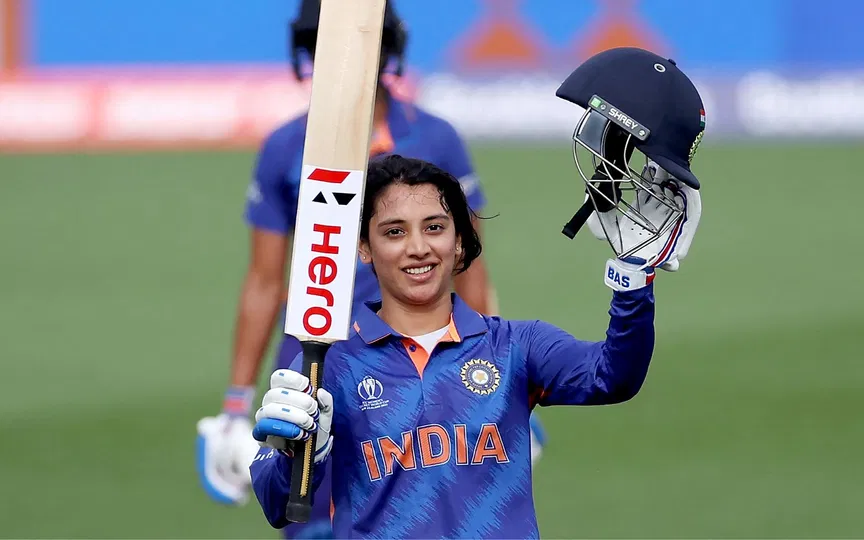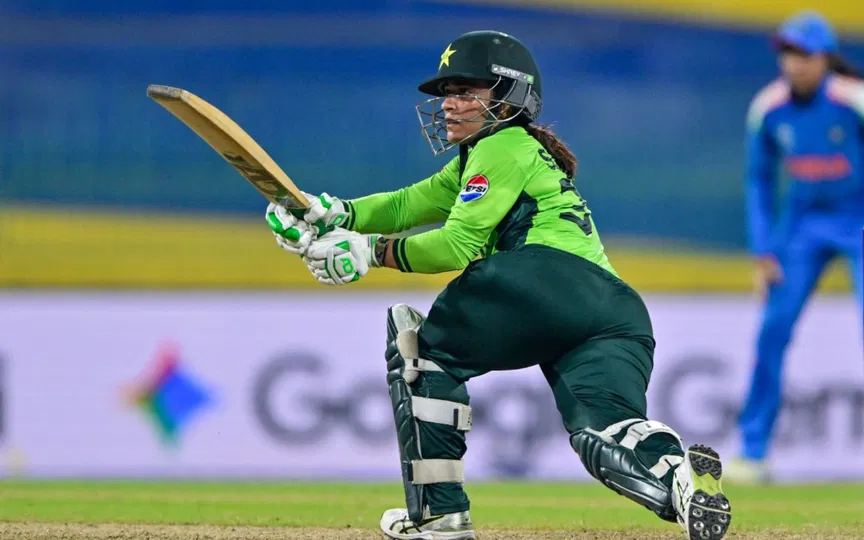![Shubman Gill replaces Rohit Sharma as ODI captain [Source: AFP]](https://onecricketnews.akamaized.net/parth-editor/oc-dashboard/news-images-prod/1759743620329_Shubman_Gill_And_Rohit.jpg?type=hq) Shubman Gill replaces Rohit Sharma as ODI captain [Source: AFP]
Shubman Gill replaces Rohit Sharma as ODI captain [Source: AFP]
Who would have imagined that a tweet from 13 years ago would almost predict Rohit Sharma’s own future? Back then, Rohit had written, “End of an era (45) and the start of a new one (77).” At the time, no one thought much of it.
But today, after his sacking as India’s ODI captain, those words sound prophetic. Rohit wears jersey No. 45, and his successor, Shubman Gill, wears No. 77. Maybe it was destiny, maybe coincidence, but the timing couldn’t be more dramatic.
The man who brought back the glory
Rohit’s removal as ODI captain came as a shock to many. After all, he wasn’t a failing captain. He had led India to 42 wins in 56 ODIs, the best win percentage among Indian captains who led in more than 50 matches. Under his leadership, India reached the 2023 World Cup final, where they lost only one game, the final itself, to Australia. That loss still stings fans, even today.
And just months ago, Rohit had lifted not one but two ICC trophies, the 2024 T20 World Cup and the 2025 Champions Trophy. For a nation that went 11 years without any ICC silverware, Rohit’s back-to-back wins felt like redemption. He became the man who brought joy back to Indian cricket.
So, when the BCCI decided to remove him as the ODI captain before the upcoming Australia series, fans were left asking: Was this really necessary?
Ajit Agarkar, the chairman of selectors, called it a “forward-looking decision.” He admitted it wasn’t easy to move on from Rohit, but said the team needed to plan for the future, especially with the 2027 ODI World Cup in mind. Gill, at 26, now gets time to build his team and leadership style. From a purely planning perspective, it makes sense. By 2027, Rohit will be 40, and grooming a young captain early is a logical move.
But cricket is not just about logic. It’s also about leadership and belief. Rohit Sharma had all of that. His players looked up to him. His calmness under pressure and tactical sense made him one of India’s best leaders in white-ball cricket. Replacing someone with such a strong track record, right after major success, feels like changing a winning formula and that rarely works.
It is also worth noting that Rohit was not in bad form. He was still scoring runs and leading from the front. The argument that “India can’t have different captains for different formats” seems weak, especially when countries like Australia successfully manage it. Pat Cummins leads them in Tests and ODIs, while Mitchell Marsh captains their T20 team. Different captains for different formats can actually reduce workload and help teams stay fresh.
By contrast, India’s obsession with having one or two leaders for all formats has caused unnecessary churn. Remember when Virat Kohli was removed, and Rohit took over across formats? The reasoning then was the same, “we need one leader.” Now, we’re hearing the same line again, just with new names.
If anything, this move might disrupt the team’s rhythm. ODI cricket doesn’t have many series left before the next World Cup, meaning Shubman Gill won’t get much time to gain experience as captain. Leading India in 25-odd ODIs before a World Cup is hardly enough. Add to that the pressure of following someone like Rohit, it’s not an easy seat to fill.
The age factor that Rohit couldn't control
That said, age is probably the only real reason that went against Rohit. No matter how fit or in form he is, selectors can’t ignore the ticking clock. They want a younger face to take the team forward. Still, was now the right time? Maybe not. Transition should come naturally, not be forced when things are going well.
Final Verdict
There is no hate toward Shubman Gill, he’s talented, calm, and promising. But the weight of expectation will be massive. Taking over from a captain who delivered two ICC trophies and united the team is no small task. The comparisons will be constant, the spotlight relentless.
In the end, replacing Rohit Sharma as ODI captain feels less like a necessity and more like an administrative experiment. Maybe the selectors are thinking long-term, but in doing so, they might have overlooked the stability that Rohit brought.
.jpg)
.jpg?type=mq)
.jpg?type=mq)


